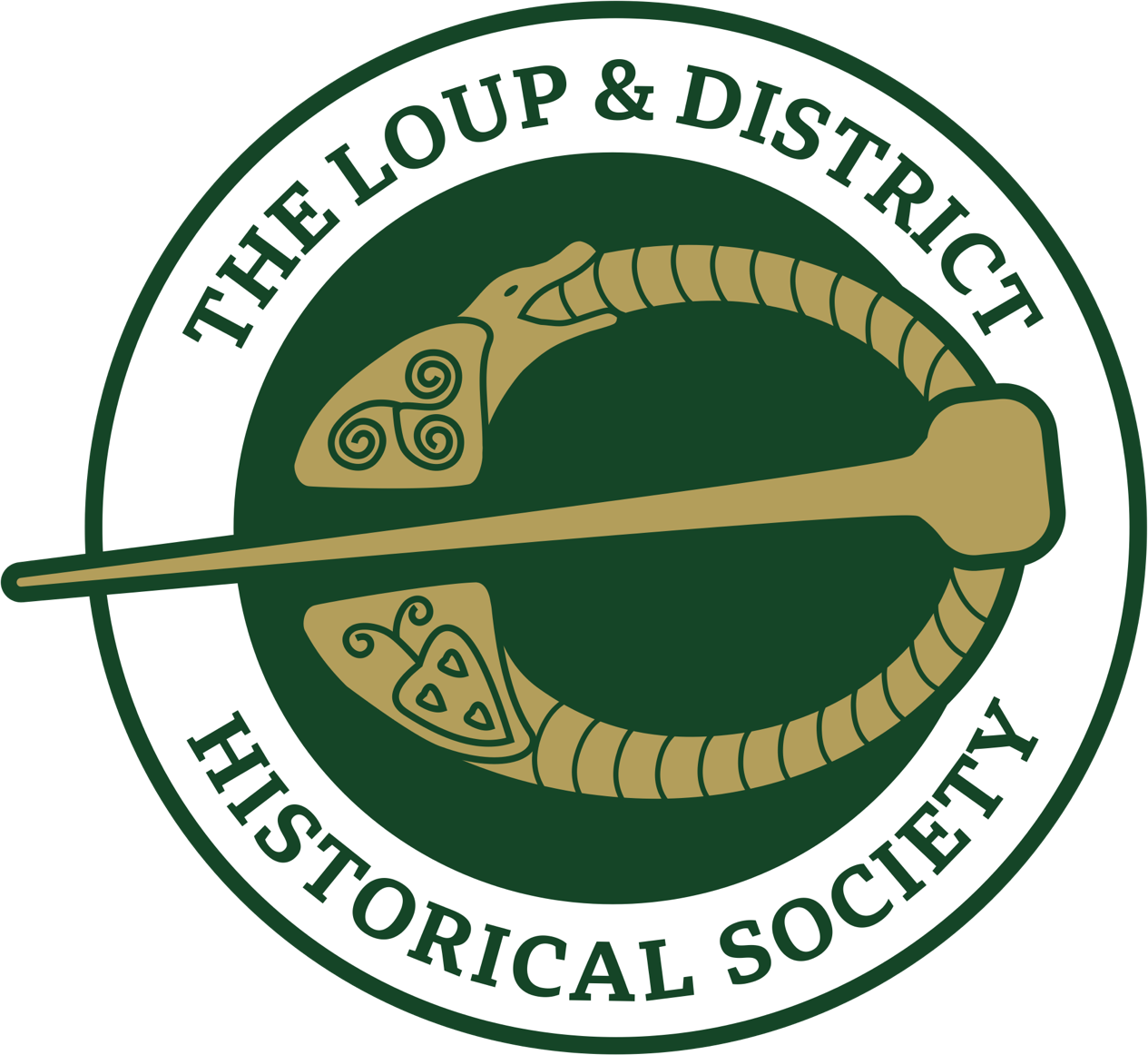On New Years Eve 1934 the Magherafelt workhouse infirmary went on fire and only for the actions of staff, ‘inmates’ and policemen the main building of the workhouse would have also caught fire and likely to have been left in ruins. Aided by firemen from Belfast and Ballymena who came to their rescue, two policemen […]
Some of the early providers of goods and services to the workhouses were listed in the section about the opening of the building in 1842. Throughout the 19th century and into the early 1920s, the workhouse played a major role in the local economy enabling businesses and merchants to sell their wares to the guardians. […]
Despite the drudgery of everyday life in the workhouse, the guardians and staff ensured that small comforts were given to the ‘inmates’ at Christmas. In 1860, for example, ‘inmates’ were allowed tea and bread for supper on Christmas night — the cost of which the guardians stipulated was not to exceed £3. It was a […]
For the first thirty years of its existence there was little change with the structure of the workhouse and fixtures and fittings remained sparse. In the early 1870s however a number of changes were implemented in order to modernise the building and also to make it more habitable for those who lived and worked there. […]
In 1896 a series of reports were issued for workhouses all across Ireland, enquiring into the state of the house and the conditions of the pauper ‘inmates’. With most workhouses now over fifty years old and with little renovations or improvements carried out in the intervening years, the report concluded that there was a massive […]
While some workhouses in Ireland were regularly confronted with religious tensions, both amongst the board of guardians and the ‘inmates’, there does not appear to have been too much trouble in Magherafelt over the years. There were claims of proselytising levelled at the guardians towards the end of the Famine in 1851 but these were […]
As already alluded in an earlier section the roe of the dispensary went hand in hand with the workhouse and many of the same elected guardians also oversaw the work of these district committees. The committees largely oversaw the ticket system which was necessary for a person to obtain in order to avail of medical […]
In the 1890s consideration was given by the guardians to the state of the cemeteries within the workhouse grounds as many believed that boundaries should be clearly defined and maintained. In 1894 the guardians consented that the graveyard was to be tidied up ‘neater and cared for’ suggesting that it had fallen into dilapidation by […]
By the early 1890s the biggest challenge facing the master and his staff on a daily basis was the menace of wandering ‘tramps’ who went between a host of northern workhouses seeking admission. In order to overcome the problem, the Magherafelt guardians decided to correspond with their counterparts in Cookstown in order to keep a […]
From its inception in 1842 the guardians wished that education would be provided for boys and girls in the workhouse and a school master and mistress were hired to cater to those needs. As the Famine commenced and with rising numbers of children in the workhouse it was often difficult to carry out these duties […]



